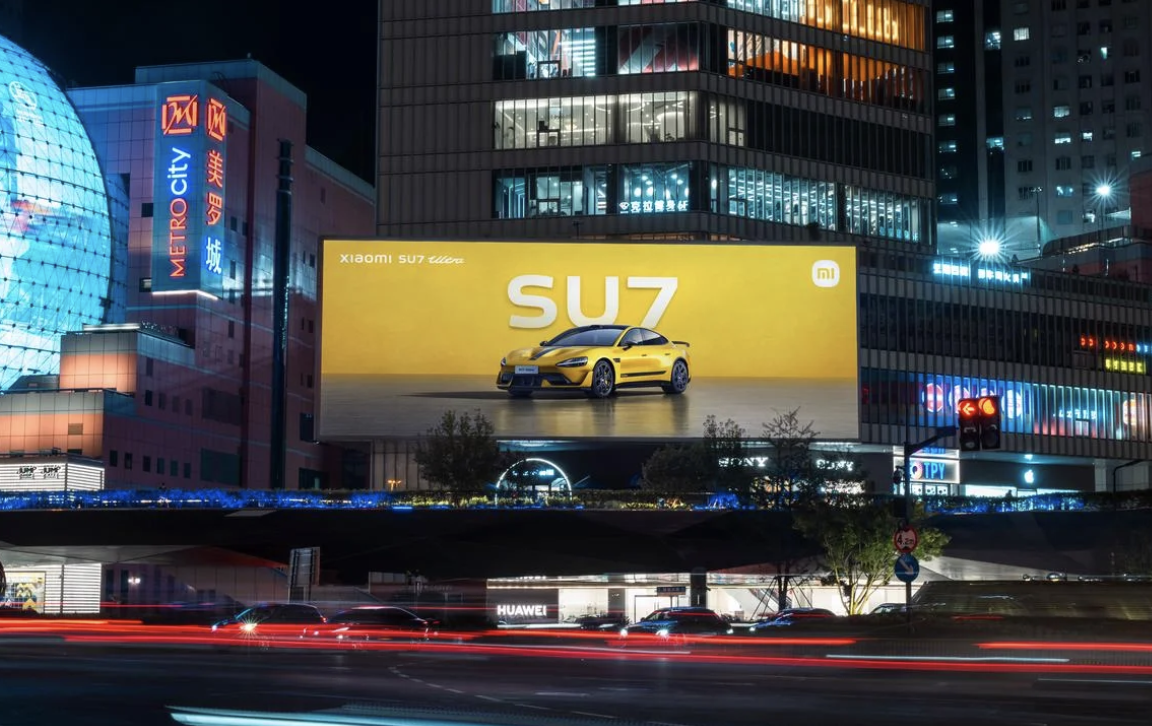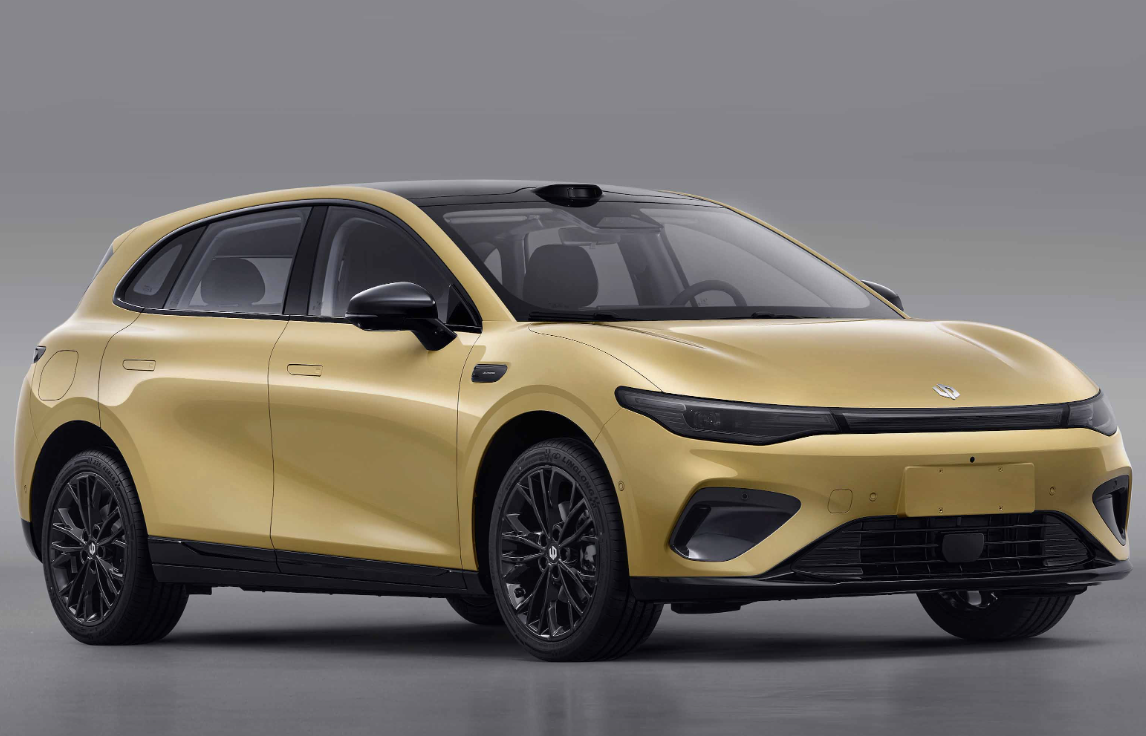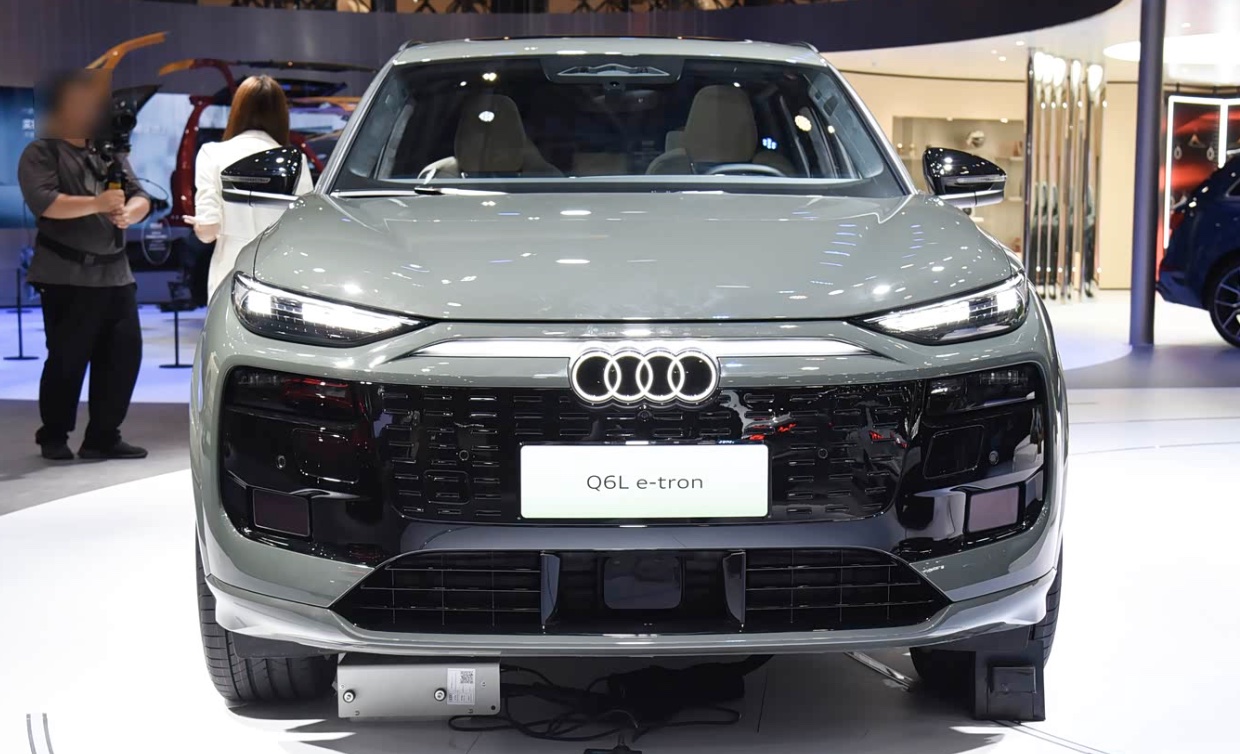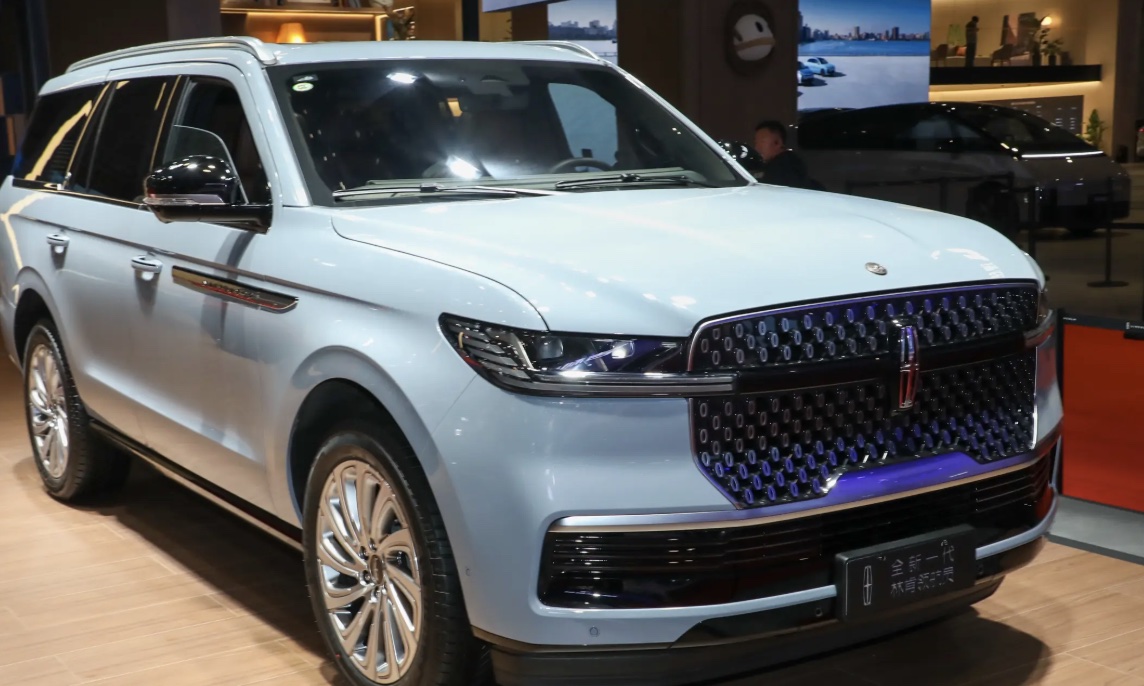According to the latest rankings, Chinese domestic brands dominate the top ten list with six models, all of which are electric vehicles (EVs). Meanwhile, three luxury brand models—all fuel-powered—and one EV from Dongfeng Nissan make up the rest.
At the top of the list, the Xiaomi SU7 leads with 19,579 units sold in September, maintaining its position as the best-selling mid-to-large sedan for nine consecutive months. However, due to the surge in popularity of the Xiaomi YU7, part of the SU7’s demand has been diverted, leading to a decline in its recent sales—from 29,244 units in March to 19,579 units this month, marking two consecutive months below the 20,000-unit mark. Still, with 219,529 cumulative units sold in 2024, the SU7 remains the undisputed leader in the segment.
Rising Stars: Geely Galaxy Star 8 & Chery Fengyun A9L
Both the Geely Galaxy Star 8 and the Chery Fengyun A9L entered the top five, each exceeding 10,000 monthly sales, with 10,018 and 10,007 units, respectively—direct competitors in the same class.
The Galaxy Star 8, launched on May 9, 2024, is a mid-to-large plug-in hybrid sedan priced between 125,800 and 165,800 yuan. It features Geely’s Thor EM-i and EM-P hybrid systems and the Qianli Haohan advanced driving system. Since its debut, it has consistently sold over 10,000 units monthly, making it a rising star in the segment.
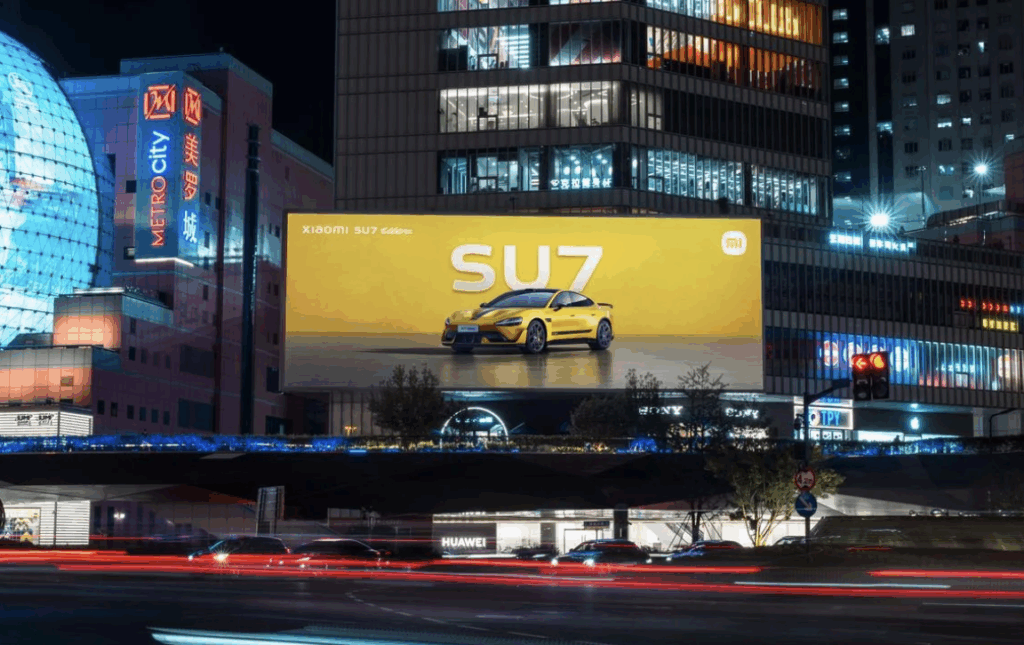
The Chery Fengyun A9L, launched later on July 8, is also a mid-to-large plug-in hybrid sedan built on the new E0X platform, with a pure electric range of 230 km (CLTC) and a price range of 149,900–207,900 yuan. It sold over 10,000 units in its first month and has maintained that level for two consecutive months.
Decline of BYD Han Family
The once-dominant BYD Han lineup is now struggling under competition from models like the Xiaomi SU7, Galaxy Star 8, and Fengyun A9L.
In September, total Han sales fell to 6,747 units—including 3,152 BEVs and 3,595 PHEVs. Since January, sales have dropped from around 20,000 to under 10,000 units, with three consecutive months below that mark. Including the Han L (2,420 units), the total still fails to reach 10,000.
Other Key Performers
Changan Qiyuan A07: Sold 5,184 units in September, ranking ninth. As Changan Qiyuan’s first model, priced at 155,900–176,900 yuan, it’s based on the EPA1 platform and offers both range-extended hybrid and pure electric versions.
Dongfeng Nissan N7: Built on the new Tianyan architecture, the N7 features an all-new design, NISSAN OS, and a Qualcomm Snapdragon 8295 chipset. Priced at 119,900–149,900 yuan, its affordability has won favor among consumers, making it one of the most notable joint-venture new energy sedans. September sales reached 6,410 units, down from 10,148 units in August, dropping three places in rank.
Traditional Luxury Cars: Still Holding On
The remaining three models in the top ten are traditional luxury sedans:
Mercedes-Benz E-Class: 16,011 units
Audi A6L: 13,103 units
BMW 5 Series: 9,087 units (the only one below 10,000)
Among them, the Audi A6L benefits from the largest terminal discounts, making it a more attractive purchase option. A new generation of the A6L has already completed homologation and will enter local production next year, suggesting further short-term discounts to clear existing stock.
Others Worth Noting
Lynk & Co 10 EM-P: 5,077 units
Zeekr 001: 3,397 units (sales have been mediocre recently; a refreshed model launched on October 11, priced at 269,800–329,800 yuan, featuring the 900V platform, improved dual motors, larger batteries, and the “Qianli Haohan H7” ADAS system—its sales impact remains to be seen)
Dongfeng eπ007: 2,106 units
IM L6: 2,082 units
Xinghai S7: 1,506 units
Zhijie S7: 1,401 units
Xiangjie S9: 1,072 units
Avatr 12: 1,037 units
Other models sold fewer than 1,000 units.
Fuel Sedan Segment: Shrinking Space
In the mid-to-large fuel sedan market, aside from the “BBA trio” (BMW, Benz, Audi):
Volvo S90: 1,593 units — despite major price cuts after its second facelift, sales remain flat.
Hongqi H9: 950 units
Audi A7L: 800 units
Jaguar XFL: 709 units
Market Trend Summary
The mid-to-large sedan segment is now dominated by EVs, with traditional brands barely hanging on, mostly through the BBA trio. As Chinese automakers push into the premium segment, introducing more tech-oriented models in the 200,000-yuan range, traditional luxury brands are gradually losing their competitive edge.
At the same time, many second-tier luxury brands are becoming increasingly marginalized, facing the risk of being phased out in China’s evolving mid-to-large sedan market.
